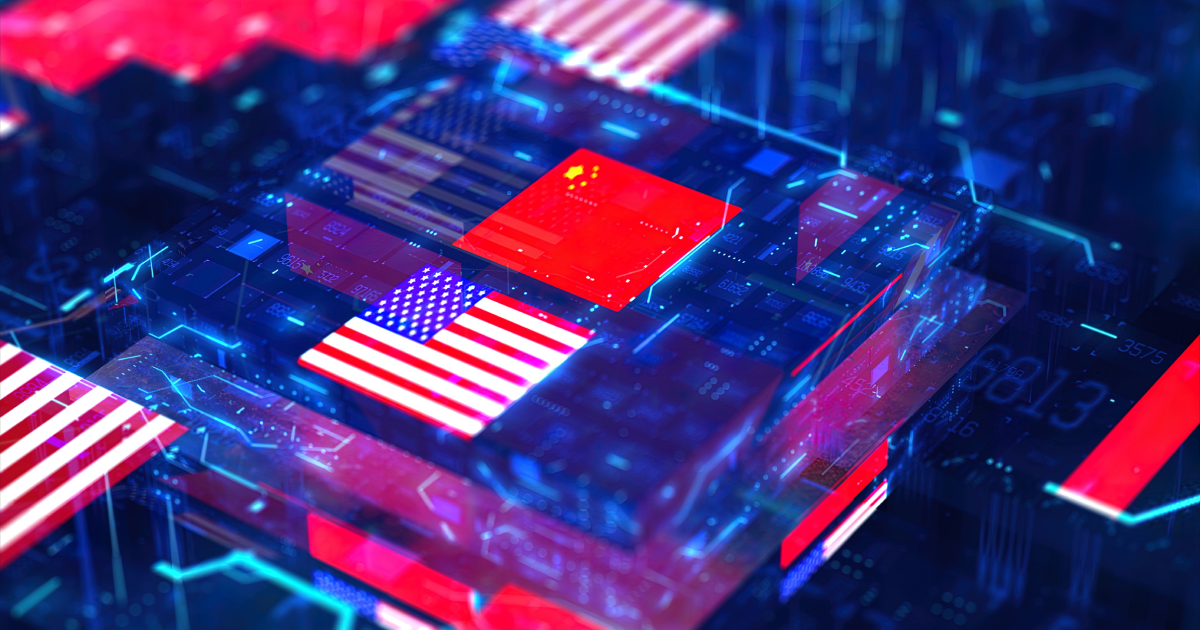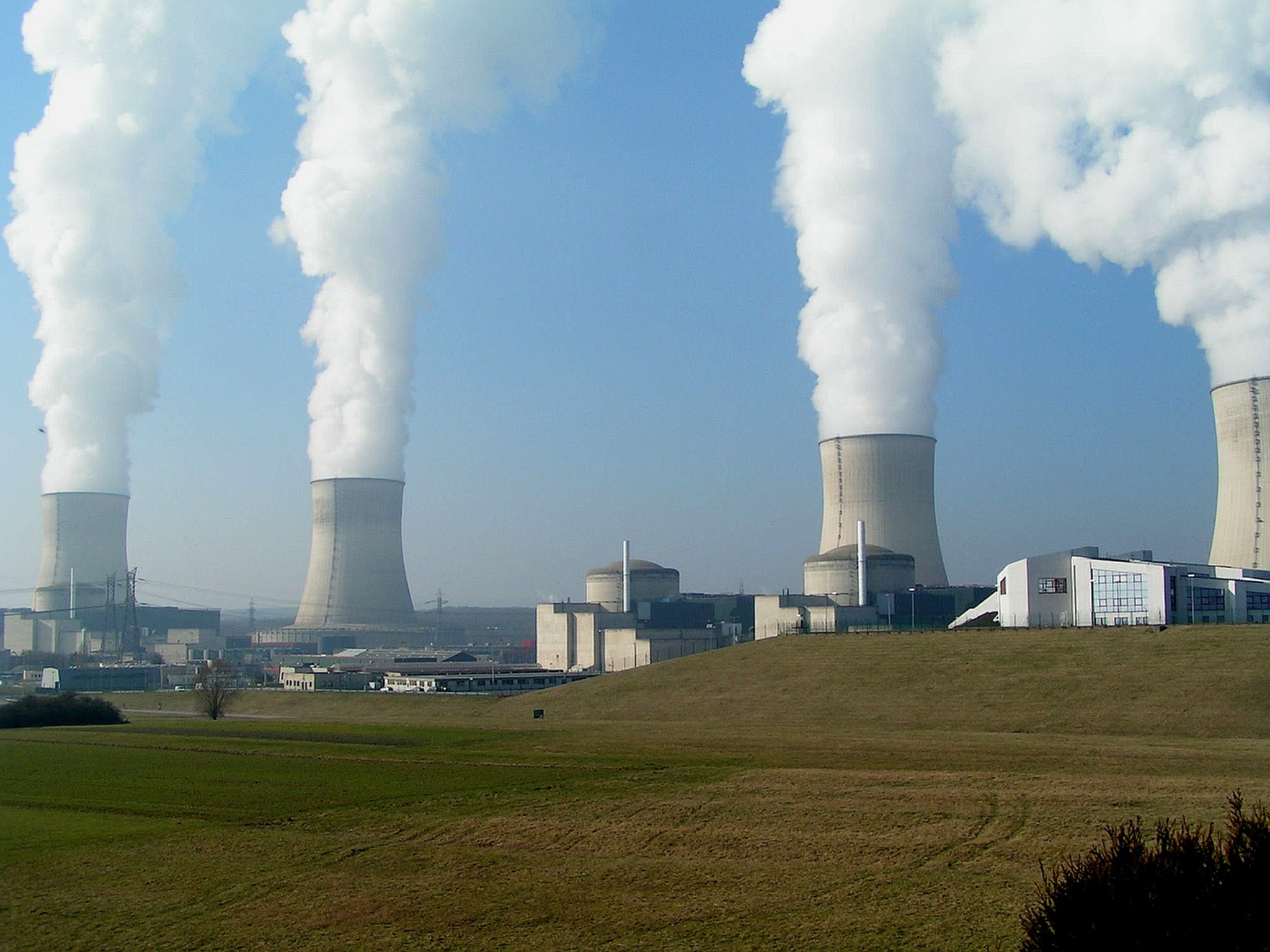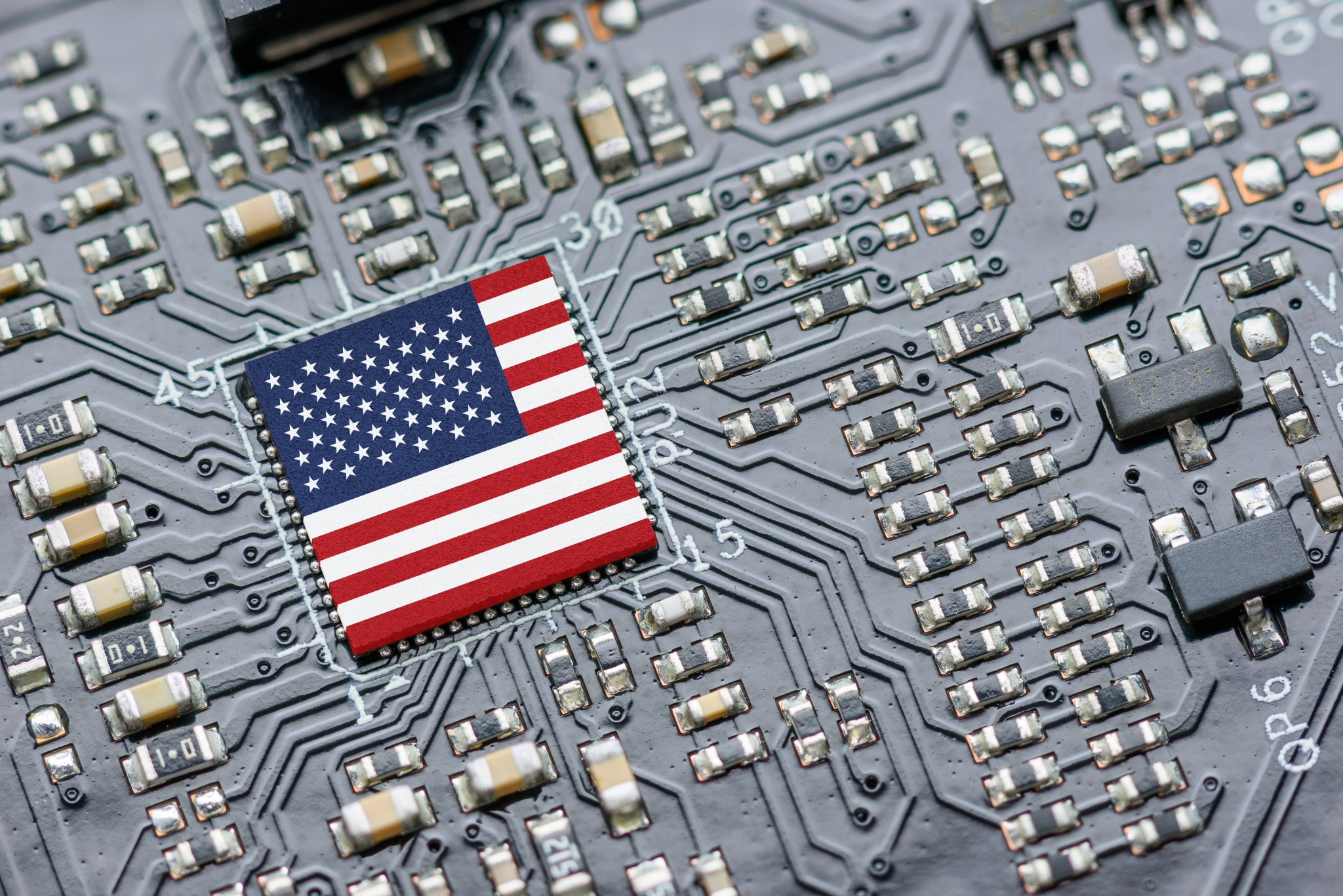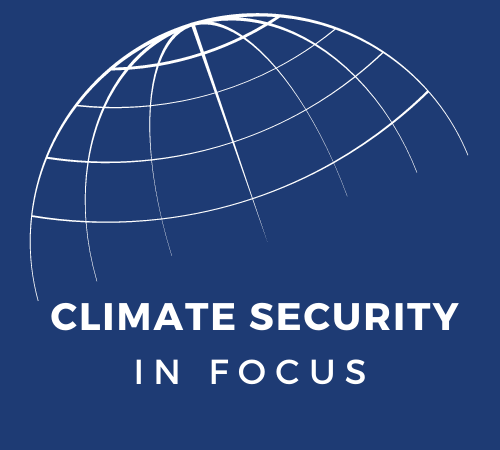As the U.S. races to secure its leadership in AI, cybersecurity, and digital finance, it is simultaneously dismantling a key instrument of its global influence: USAID. More than a humanitarian agency, USAID has quietly shaped digital ecosystems and financial systems abroad to favor U.S. technology standards—an advantage that China is now poised to seize in its absence.Read more...

















